Artificial Football Turf vs. Natural Grass vs. Hybrid Turf: Which One Should You Choose for Football Construction in India?

As football turf construction specialists in India, we get asked this all the time:
“Should we go with artificial turf or real grass?” “What exactly is hybrid turf—and is it worth it?”
These are smart questions. Because when it comes to building a football pitch—whether for a school, club, commercial center, or academy—the surface you choose directly impacts playability, durability, maintenance, and long-term return on investment.
In this guide, we break down each surface type based on real-world projects we’ve delivered across India—from FIFA Quality-certified full-size turfs to compact urban futsal arenas and even India’s first FIFA-certified hybrid football pitch.
Let’s explore the differences between artificial turf, natural grass, and hybrid turf to help you choose the right option for your goals, location, and budget.
1. Natural Grass Football Pitch
Best For:
Elite clubs, schools with large land banks, and institutions prioritizing traditional gameplay.
Pros:
Natural feel and premium aesthetic
Cooler surface temperatures
Preferred in most international professional leagues
Considerations:
High ongoing maintenance: daily watering, mowing, and fertilizing
Sensitive to climate: monsoons and intense heat can damage grass
Limited playability: generally 2–4 hours per day to avoid overuse
Requires trained ground staff and efficient drainage systems
2. Artificial Football Turf
Best For:
Commercial football centers, futsal arenas, training academies, and institutional use where minimal upkeep is preferred.
Pros:
Usable for 12–16 hours a day, all-weather and all-season
Low maintenance: no watering or mowing required
High ROI: ideal for hourly bookings, events, and leagues
Consistent playing surface with minimal wear over time
Fast installation and long-term durability
Considerations:
Surface gets warmer under direct sunlight
Requires periodic brushing and infill replenishment for optimal playability
3. Hybrid Football Turf (Natural Grass + Artificial Reinforcement)
Best For:
High-performance stadiums, elite football academies, and professional training grounds seeking durability with natural aesthetics.
What It Is:
Hybrid turf combines natural grass with synthetic reinforcement to deliver the look and feel of grass with the durability of artificial turf.
Pros:
Withstands more hours of play than natural grass
Slower wear and improved surface consistency
Enhanced traction and player comfort
Ideal for intensive training environments
Considerations:
Higher upfront cost compared to natural or artificial alone
Requires professional installation and a hybrid-specific maintenance regime
Not suitable for smaller or low-use facilities due to cost and complexity
Real-World Example:
Michezo Sports delivered India’s first FIFA-certified hybrid football pitch at the Centre for Sports Excellence in Bengaluru—built for an Indian Super League club’s training facility.
Why Choose Michezo Sports?
We’re more than contractors—we’re sports infrastructure specialists. From design to execution, our team ensures your pitch is built to perform and last. Our services include:
Installation of FIFA-certified artificial and hybrid turf systems
Custom natural and hybrid pitch planning
End-to-end execution—from base prep to fencing, lighting, and branding
Expert advisory on turf selection based on use-case and location
Disclaimer: The information provided in this article is for general guidance only. Actual project costs and specifications may vary depending on site conditions, materials, usage, and other factors. For accurate planning and personalized recommendations, please consult with Michezo Sports.



